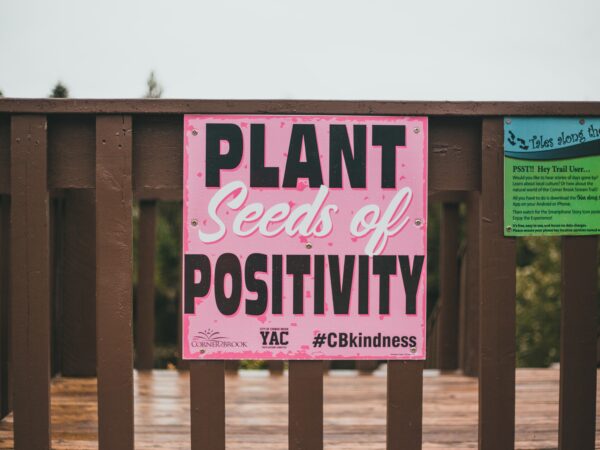Hobbies are the activities that we engage in outside of work or school, purely for pleasure or relaxation. Passions, on the other hand, are intense interests and attachments to certain activities, causes or pursuits that individuals may develop over time. Both hobbies and passions can play a significant role in shaping our personal identity. Personal identity is the way we see ourselves and our place in the world. It is influenced by a range of factors, including our experiences, relationships, beliefs, and values.
In this article, we will explore the significance of hobbies and passions in shaping our personal identity and discuss the various ways in which they do so.
Hobbies as a Reflection of Personal Identity
Hobbies can serve as a reflection of one’s personal identity. They are the activities that we choose to do in our free time, and therefore, they often align with our personal interests, values and preferences.
For example, if someone spends their weekends reading books or watching movies, we can infer that they have an interest in literature or cinema. Similarly, if someone enjoys outdoor activities such as hiking or camping, we can infer that they enjoy nature and the outdoors.
In this sense, hobbies can act as a mirror to our personal identity, reflecting our preferences, values and interests.
Hobbies as a Means of Self-Exploration:
Hobbies can also serve as a means of self-exploration. Engaging in activities that we enjoy can help us understand ourselves better. Hobbies allow us to explore our interests, values and talents, and identify what makes us happy and fulfilled.
For example, someone who takes up painting as a hobby may discover that they have a talent for art and begin to identify as an artist. Similarly, someone who takes up baking as a hobby may discover a passion for creating new recipes and identifying as a food enthusiast.
In this sense, hobbies can help us learn more about ourselves and our personal identity.
Hobbies as a source of self-esteem:
Hobbies can also help build our self-esteem and confidence. When we engage in activities that we enjoy and are good at, we feel a sense of accomplishment and satisfaction. This can help boost our self-esteem and confidence, and contribute to our sense of personal identity.
For example, if someone takes up running as a hobby and consistently improves their speed and endurance, they may develop a sense of pride and accomplishment in their abilities.
Similarly, someone who takes up photography as a hobby may feel proud to showcase their artistic creations to others.
Passions as a Source of Motivation:
Passions can serve as a powerful source of motivation. When we have a strong attachment to a certain activity or cause, we are more likely to invest time and energy into it. This can help us achieve our goals and contribute to our personal growth and development.
For example, someone who has a passion for environmental conservation may dedicate their time to volunteering for an environmental organization or studying environmental science. Similarly, someone who has a passion for music may pursue a career as a musician, even if it may not be the most financially lucrative or stable option. I
In this sense, passions can serve as a driving force that motivates us to pursue our dreams and aspirations.
Passions as a Source of Meaning and Purpose:
Passions can also provide a sense of meaning and purpose in our lives. When we are deeply committed to a certain activity or cause, we feel a sense of fulfillment and purpose that can contribute to our personal identity.
For example, someone who has a passion for social justice may feel a sense of purpose in fighting for human rights and equality. Similarly, someone who has a passion for teaching may feel fulfilled in the knowledge that they are making a positive impact on the lives of their students.
In this sense, passions can provide us with a sense of purpose and meaning that contributes to our personal identity and overall well-being.
Conclusion:
Hobbies and passions can play a significant role in shaping our personal identity. They can act as a reflection of our interests, values and preferences, help us explore and understand ourselves, boost our self-esteem and confidence, serve as a source of motivation and provide a sense of meaning and purpose in our lives.
When we engage in activities that we enjoy and are passionate about, we are more likely to feel fulfilled, happy and connected to our personal identity.
Therefore, it is important for individuals to take the time to identify their hobbies and passions and integrate them into their daily lives. By doing so, they can develop a stronger sense of personal identity and a deeper understanding of themselves.











